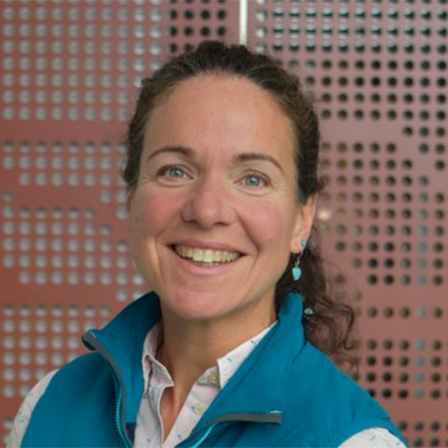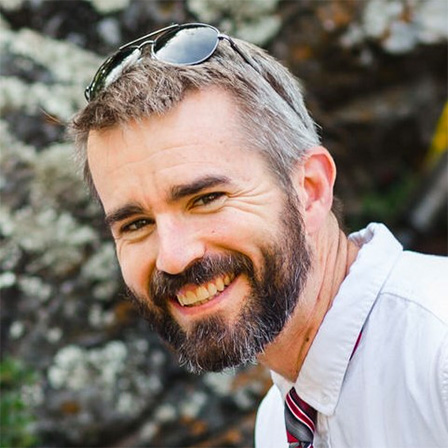Island Systems Integration Consortium
Bringing together Biology, Climate Science, and Geology in the Galápagos
Learn More About Galápagos Research
Bringing together a cross-disciplinary community of researchers to inform in novel and unexplored ways.
• • Integration • •
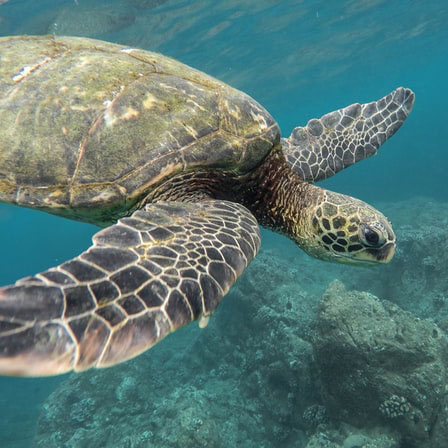
Biology
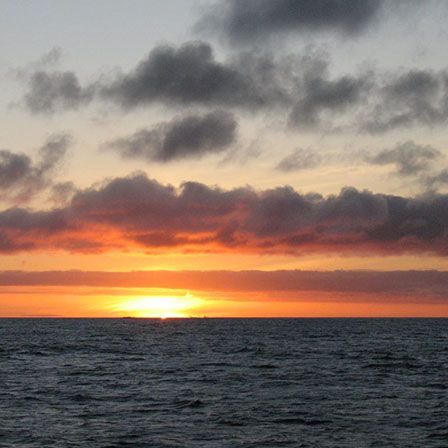
Climate Science
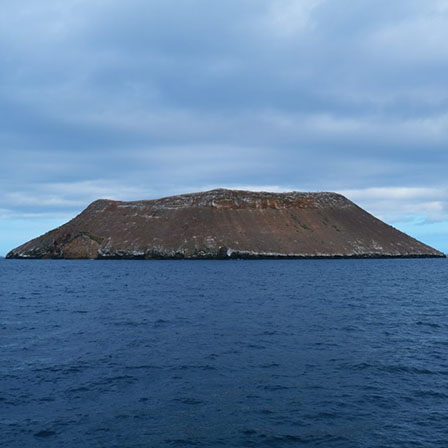
Geology
About
Our Goal
The goal of this project is to establish the Island Systems Integration Consortium Research Coordination Network (ISIC-RCN) and use the Galápagos Islands as a model system to leverage the power of cross-disciplinary research by connecting scientists from across geology, climatology, and biology.
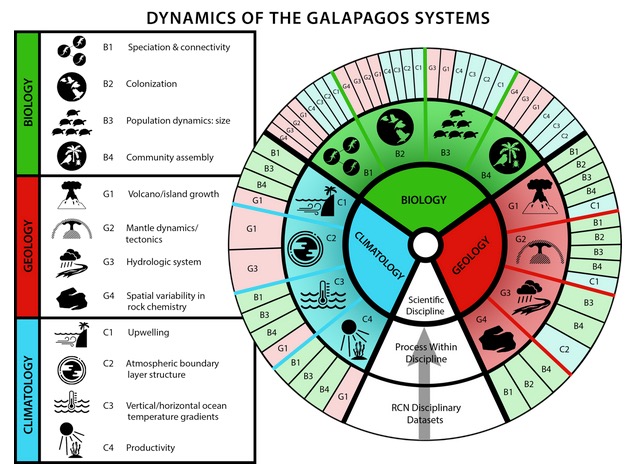
Schematic of envisioned cross-disciplinary collaboration that this RCN will enable. The gray arrow indicates the conceptual order of interpretations and hypotheses built upon existing data. Outer circle: Disciplinary datasets (as labeled) that inform interpretation and constrain hypotheses about relevant processes. These datasets are already created and can be used to inform new estimations. Central circle: processes within disciplines that benefit from constraining and informative interdisciplinary knowledge in the outer circle. All intra-discipline informative datasets (e.g., G1 and G3 inform G2) are not shown.
Mission Statement
The Island Systems Integration Consortium (ISIC) RCN aims to bring together scientists from multiple fields to imagine and investigate questions of island evolution not answerable within single disciplines. We seek to create a network that is self-sustaining and constantly improving our ability to answer these questions into the future.
Researchers and educators working on Galapagos-related questions will form the ISIC community that will work to achieve several primary goals:
- define the overarching scientific questions that can only be addressed through collaboration across disciplines
- establish a database of geological, biological, and oceanographic data related to the Galapagos for access by the broader research community
- train graduate students and early career scientists in conveying science to the public
- mentor a diverse and inclusive generation of scientists in interdisciplinary problem-solving around island evolution
- identify and create a network hub of outreach efforts related to the Galapagos for access by educators, students, and the public
The dynamic nature of our planet has long been recognized by researchers in fields such as geology, climatology, and biology; and geological and climatological dynamics can have strong influences on the formation and maintenance of biological diversity.
 ISIC
ISIC